
By Joshua Worlasi AMLANU & Ebenezer Chike Adjei NJOKU
Financial services providers must expand their offerings to include more alternative investment vehicles while pairing them with robust investor education, experts at the 2025 Money Summit in Accra have said.
They argued that while macroeconomic stability is returning, rebuilding trust and fostering a new investment culture will be key to driving Ghana’s financial recovery.
Panellists pointed to growing demand for diversified, inflation-beating instruments – particularly in the wake of domestic debt restructuring that shook public confidence in traditional government securities.
“There is a clear appetite for new investment options, but providers must lead with transparency and education,” said Maame A. Thompson, CEO-Savvy Securities. She cited rising interest in gold, agriculture, green finance and private equity as signs that investor behaviour is shifting.
“It is not enough to offer products. Investors need to understand risk, returns and regulation,” she added.
The call for innovation comes after a turbulent period marked by the Domestic Debt Exchange Programme (DDEP), which wiped GH¢61.7 billion from the economy and left many retail and institutional investors reeling. While confidence has yet to fully return, service providers were encouraged to meet changing investor preferences with structured, credible alternatives.
“We are gradually moving from crisis management to opportunity. Inflation has declined from a peak of 52 percent in 2022 to about 22–23 percent today, the cedi has been relatively stable in recent weeks and government borrowing costs are down to 15–16 percent from highs of 27–28 percent. These fundamentals suggest a better environment for re-engagement with financial markets,” Ankit Tandon, Chief Operating Officer of Regulus explained.
Still, caution remains. Joe Jackson, CEO-Dalex Finance, noted that although investor sentiment was damaged by recent fiscal events, Ghana cannot afford to remain paralysed.
“The DDEP was a once-in-a-generation shock. Just as we have adjusted to post-COVID realities, we must recalibrate and move forward,” he said, stressing the importance of monitoring indicators like debt servicing ratios and inflation control.
The summit’s theme – ‘Optimising investment and pensions management: Strategies for sustainable retirement income and economic growth’ -highlighted how long-term financial planning has become urgent, particularly against the backdrop of a fragile pension system.
“About 96 percent of pensioners earn less than GH¢5,000 monthly. Out of nearly 2 million Ghanaians above 60, only about 300,000 are covered by state pensions,” said Paul Mante, Managing Director of EDC Investments.
He warned that the social shift away from extended family support and rising medical costs demand a culture of personal investment. “Children are no longer a retirement plan.”
For many retail investors, collective investment schemes offer a path forward. Mr. Mante said that funds requiring just GH¢20 to enter can open up diversified portfolios even to those with irregular incomes.
“We need to drive accessibility without compromising on regulation,” banking consultant Dr. Richmond Atuahene added – warning that investors must be protected from unregulated schemes, especially as interest grows in cryptocurrencies and other digital assets.
Madeline Nettey, CEO-Republic Investments, outlined a strategic investment approach tailored to individual needs. For a 35-year-old with GH?500,000, she recommended a diversified portfolio: 20–30 percent in government securities, the rest spread across equities, corporate bonds, ETFs and alternatives like gold.
“Purpose, risk appetite and time horizon must guide investment – not just rates of return,” she said.
Still, experts cautioned that technical solutions must be matched by a cultural shift.
“Parkinson’s Law is real: people increase spending to match income. Whether someone earns GH¢350 or GH¢20,000, many claim they can’t afford to invest,” Mr. Mante noted.
That mindset, coupled with the rise of risky behaviours like sports betting among young professionals, is hindering long-term wealth building.
“Salary never cures poverty. Only investment or business ownership can deliver sustainable prosperity,” he further said.
The post TMS25: Embrace alternate investments as trust rebounds – panellists appeared first on The Business & Financial Times.
Read Full Story

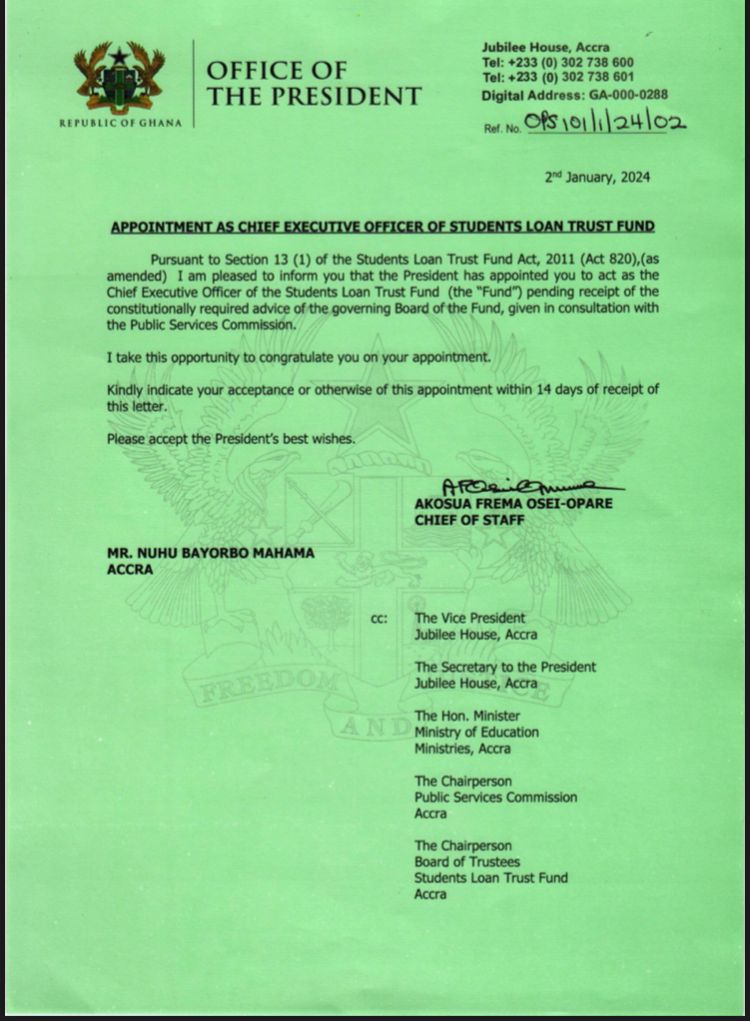

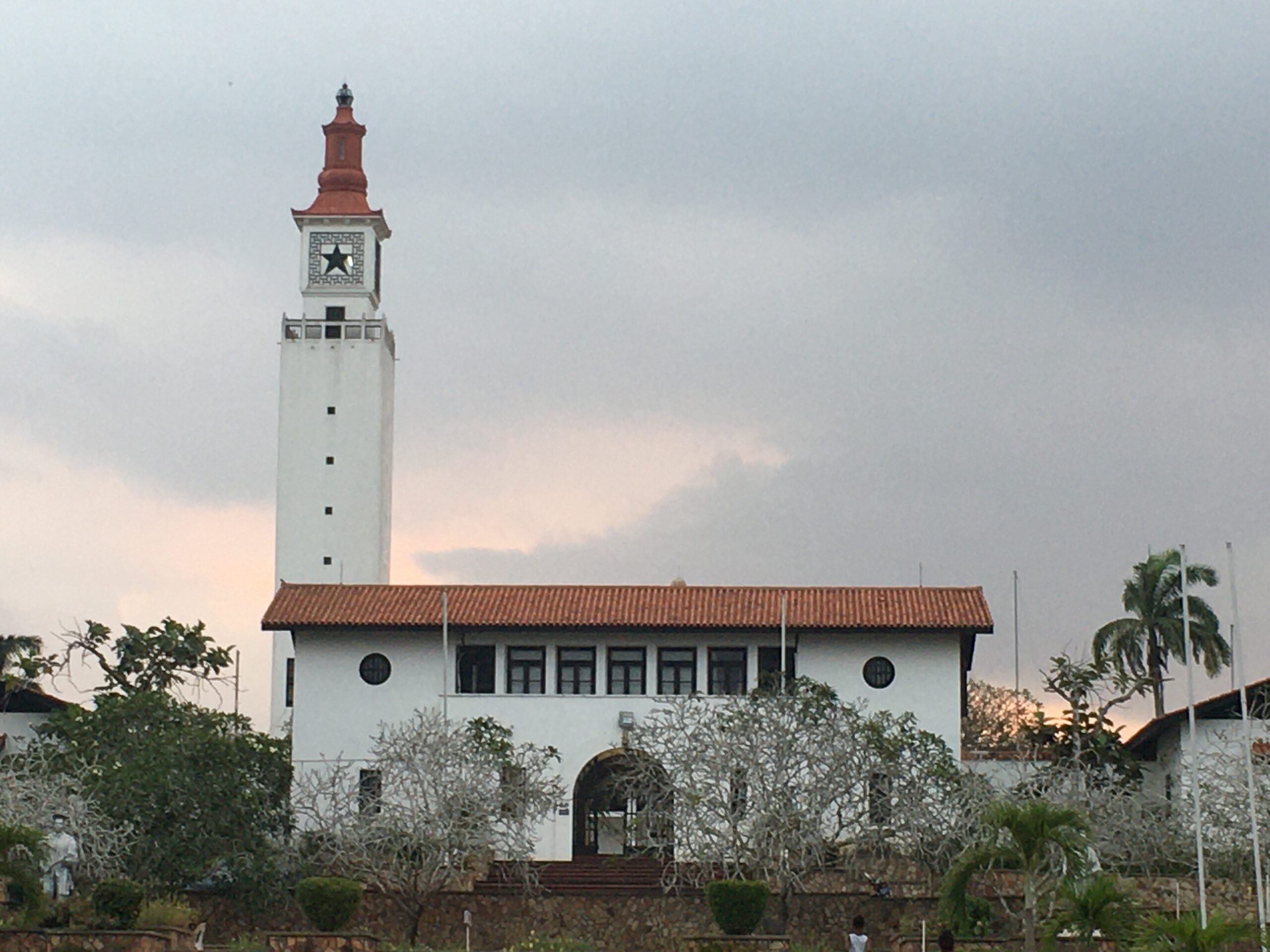
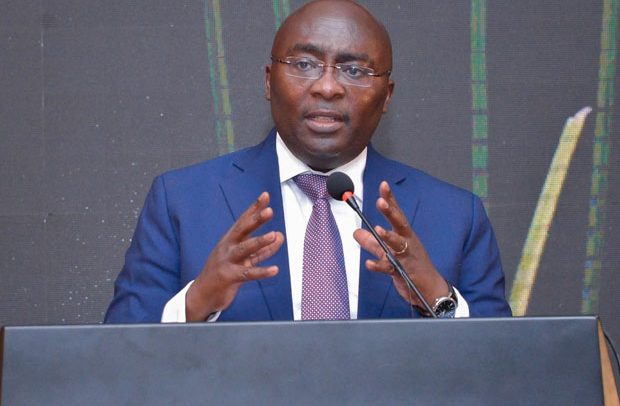
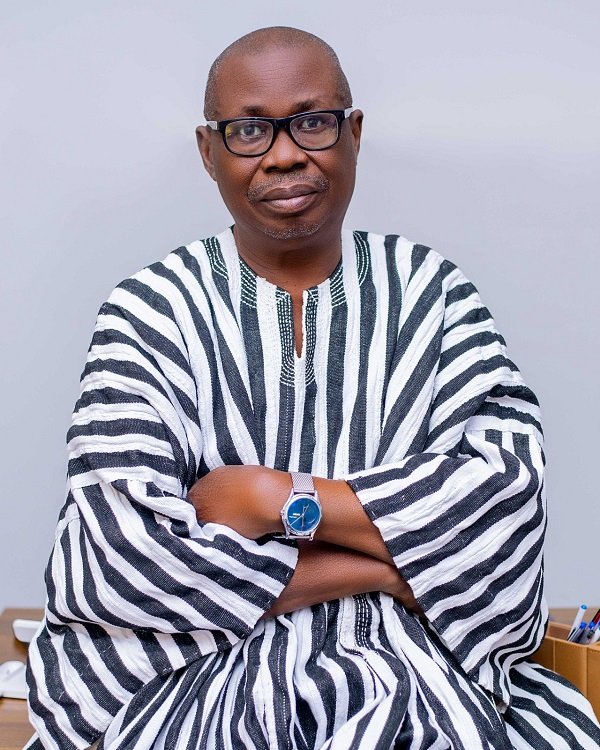



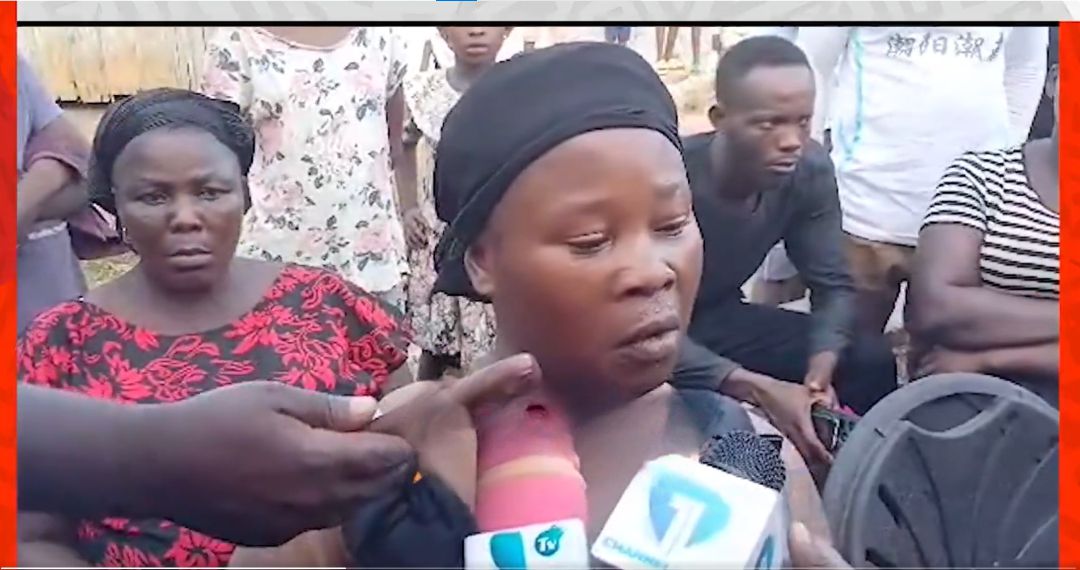


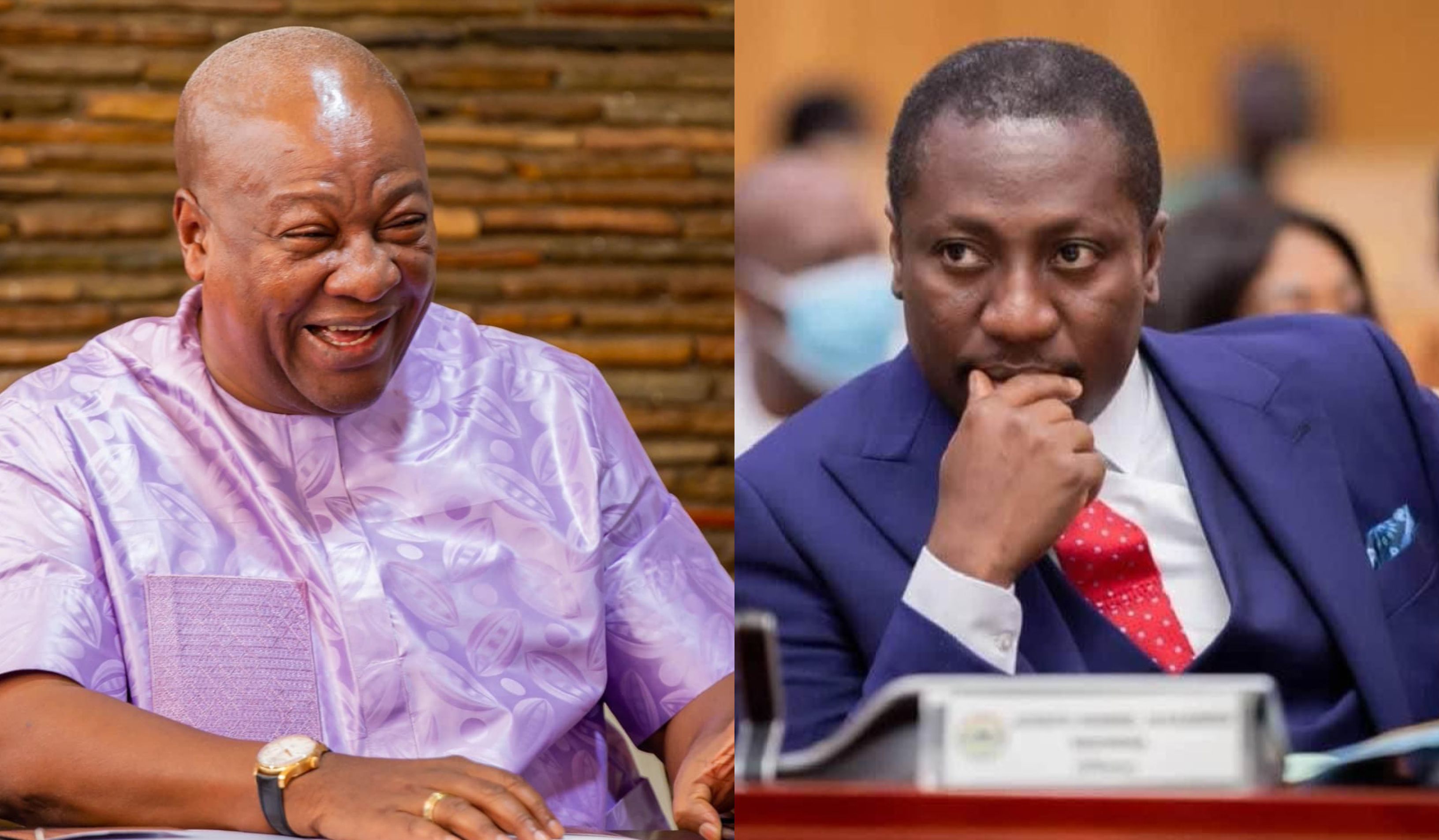









Facebook
Twitter
Pinterest
Instagram
Google+
YouTube
LinkedIn
RSS